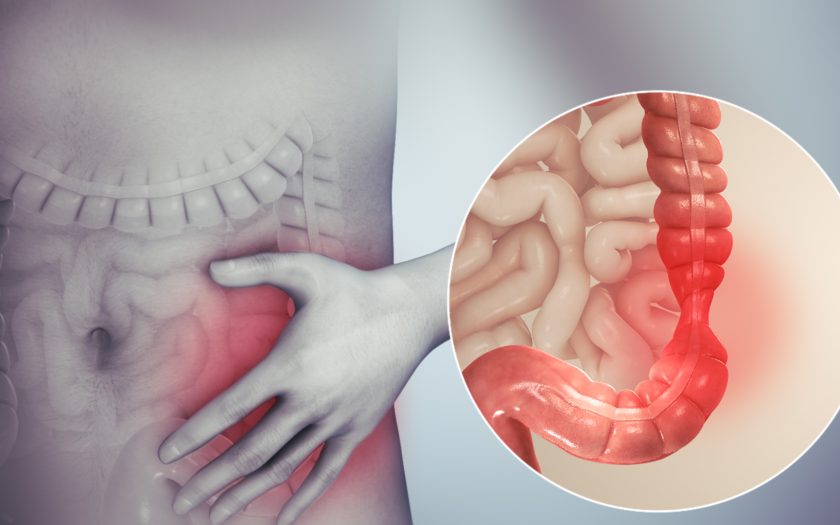Include prebiotics and probiotics in your diet.
Probiotics are living microorganisms that create a complex structure – the microflora of our intestines, and are responsible for its health. They are often confused with prebiotics. Prebiotics are not bacteria, but dietary fiber, which creates a nutrient medium for probiotics. Such dietary fiber is found in high-fiber foods, mainly vegetables and fruits.
You can get probiotics and prebiotics by taking special supplements, but only on your doctor’s advice. The intestinal flora is so complex that it is easy to upset this balance with colonizing bacteria that it does not need. So, get them better with food. Eat foods that contain natural prebiotics, such as slightly unripe bananas, garlic and onions, spinach and asparagus, chicory, apples and Jerusalem artichokes.
Don’t forget about water.
Water is involved in all processes of our body and digestion. It also helps the intestines digest, removes toxins, relieves constipation and improves skin elasticity. Because all cells in the body use water, it is important to maintain a proper level of hydration.
The optimal amount of water for an adult is 1.5-2 liters per day. However, in some cases exceptions are possible:
- after training or visiting the sauna you need to drink more water;
- if you follow a diet high in protein, sodium or fiber, you should also drink more water;
- if you live in a country with a dry climate or in a polluted city, you should drink more than 2 liters of water;
- taking certain medications also affects the amount of water you need.
The cause of headaches is often dehydration. Dizziness and fatigue are also signs of water shortage.
Take your time and chew thoroughly.
Chewing food is an important part of digestion. It is at this stage that the production of digestive enzymes begins, which break down food before it enters the stomach. Chewing carefully can reduce bloating after eating and relieve other symptoms.
Pay attention to how you chew. It is not necessary to count the number of chews, but it is important to understand this process. Slow down your food intake a bit, this will help your body digest and assimilate food more efficiently.
Drink smoothies instead of fresh juices.
When you drink fruit and vegetable juice, you do not consume fiber. It helps maintain the normal functioning of the digestive system, slows down the absorption of sugar into the blood. A mixture of yogurt, fruit juice, vegetable juice and pulp is very useful and gives a feeling of satiety for a long time.
Add the orange to the smoothie. Orange goes well with other vitamin C-rich fruits such as strawberries, lemon, mango, pineapple, papaya, kiwi or grapefruit. In addition, it can be purchased at any store at any time of year.
Also make a green smoothie that will fill the body with vitamins and minerals. In addition, green smoothies contain a lot of fiber, which can help improve digestion. For this healthy vitamin drink, combine the sliced cucumber and apple, add the spinach and grind in a blender. Change the ingredients and choose different combinations that you like.
Following a healthy diet will help avoid IBS. But if the pathology has already occurred, be sure to visit a doctor and use drugs to treat IBS (eg, Colofac or Adcumin).

